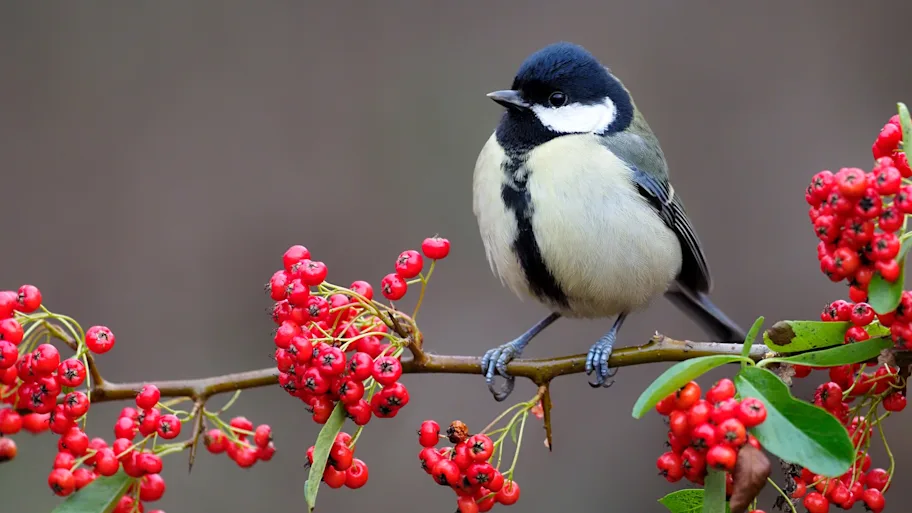
- Science news
- Life sciences
- Birds and the City
Birds and the City
Songbirds’ innovative behavioral adaptation in urban environments has fitness costs and benefits.
Cities are environments which bring humans and wildlife into close contact, where both parties must adjust their behavior to accommodate the activities of the other. Understanding how wildlife responds and adapts to human activity is important in a world of increasing urbanization. In Mexico City, Monserrat Suárez-Rodríguez et. al. studied a curious behavioral adaptation in common sparrows and finches, published in Frontiers in Ecology and Evolution as part of a Research Topic on behavioral and ecological consequences of urban life in birds. These two songbird species have been observed lining their nests with cigarette butts; this habit has interesting benefits, but dangerous consequences as well. The infographic below provides an outline of their experiment and results.
Read the full study in Frontiers in Ecology and Evolution here.

Infographic also available as PDF: CigaretteBirds






